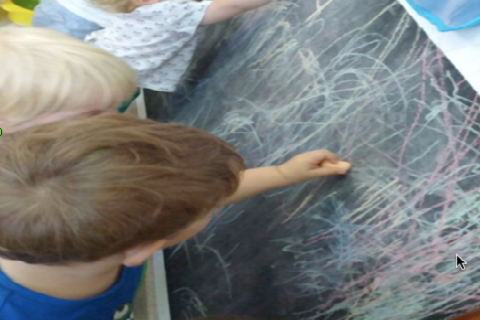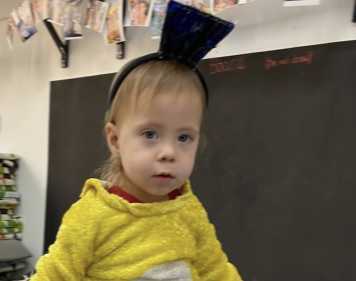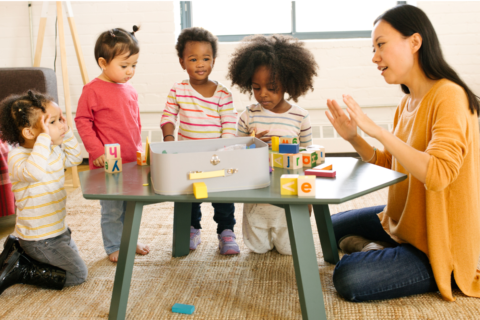Each unit has recommended learning houres, however, London Bridge College understands that different learners learn in different paces, therefore, allow flexible learning hours. should a learner need additional learning time please contact your tutor to discuss this.
Course requirements
For this course, the learner is required to be fluent in Eglish, reading, and writing.
In addition in order to complete Unit 1, you will need to have access to childcare provision in order to observe children communicating, this will be done independently by the learner and not by London Bridge College
Progression routes
This topic will introduce you to the key features of effective communication between adults and children and to a range of ways to communicate with children aged 0-5 years old, including verbal and non-verbal communication. The unit will help you to understand how children communicate with each other. You will learn about how you can interact and communicate with children, by giving attention to the child at an appropriate level for the child’s age. You will develop an understanding of the activities that encourage communication, why clear communication is important with children of all ages and how you can enable children to express themselves. There is an assignment to complete at the end of the unit, which consists of 4 tasks.
Learning houres- 30
This topic will help you to find out about and plan safe environments for children. You will investigate ways to protect children from accidents and injury and explore the measures that need to be taken to ensure children are protected from infections. The unit also covers how to keep children safe if abuse is suspected.
Learning houres- 30
This topic will teach you the essentials of respecting children and treating them with equal concern when caring for children to ensure they feel valued and appreciated as individuals. In this topic you will develop knowledge and understanding of these key principles and how to apply them to caring for children.
Learning houres- 30
In this topic, you will investigate the physical and emotional care needs of young children and consider the effects on children’s health and development if their needs are not met. This topic will teach you the knowledge and understanding of how to plan to meet the physical and emotional care needs of young children. The importance of consulting with parents and children when planning to meet the care needs of children will also be explored.
Learning houres- 30
In this topic you will learn about everyday experiences and routines in the home which can be used to promote children’s learning. you will identify these experiences, understand what learning is taking place and consider how they can extend the experience to encourage development. Learners will look at the role of the adult when children are involved in these experiences and how they can use everyday experiences and routines to enhance the child’s learning. You will gain an understanding of how they can help children aged 0–3 years and identify the appropriate level of learning and extension required. This will be achieved through given scenarios. The importance of talking to children is implicit throughout the unit. You need to be able to use language to extend, recall, reinforce and introduce new words to the child’s vocabulary.
Learning houres- 30
From a very early age children love ‘reading’ books, listening to stories and participating in poems and rhymes. Research has shown that children who have been encouraged to participate in ‘reading’ books from an early age have a greater understanding of how words are formed and become fluent readers and skilled writers. As an adult caring for a child, it is important to ensure that young children are given the opportunity to experience different reading materials, poems and rhymes. The aim of thistopic is to increase learners’ knowledge of resources and materials that may be offered to children aged between 0–5 years. You will build up your own repertoire of appropriate books, stories, poems and rhymes and will be given the opportunity to read out loud and tell stories, poems and rhymes. In addition you will be encouraged to use different vocal expressions, intonation and non-verbal communication to maintain the interest of the children. Learners will also find out what children will learn from participating in poetry and storytelling sessions. Although you are not expected to have an in-depth knowledge of child development you should understand that children can enjoy spending time with an adult whilst listening to stories, have fun reciting poems and rhymes, learn to respect books and how to turn pages, etc.
Learning houres- 30




